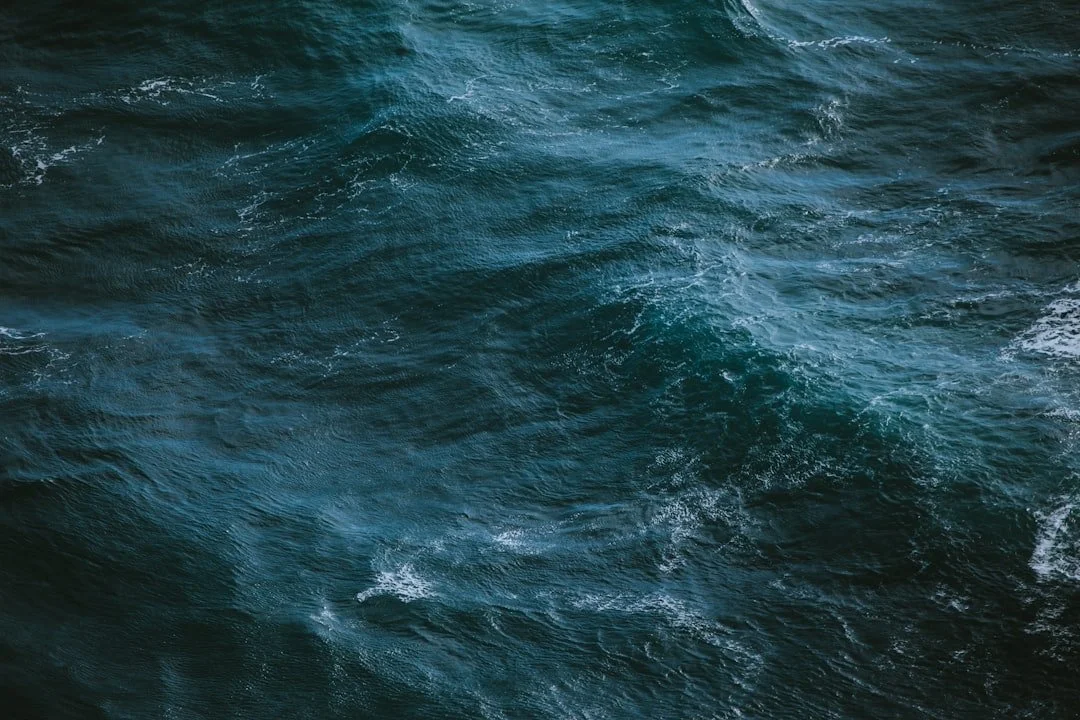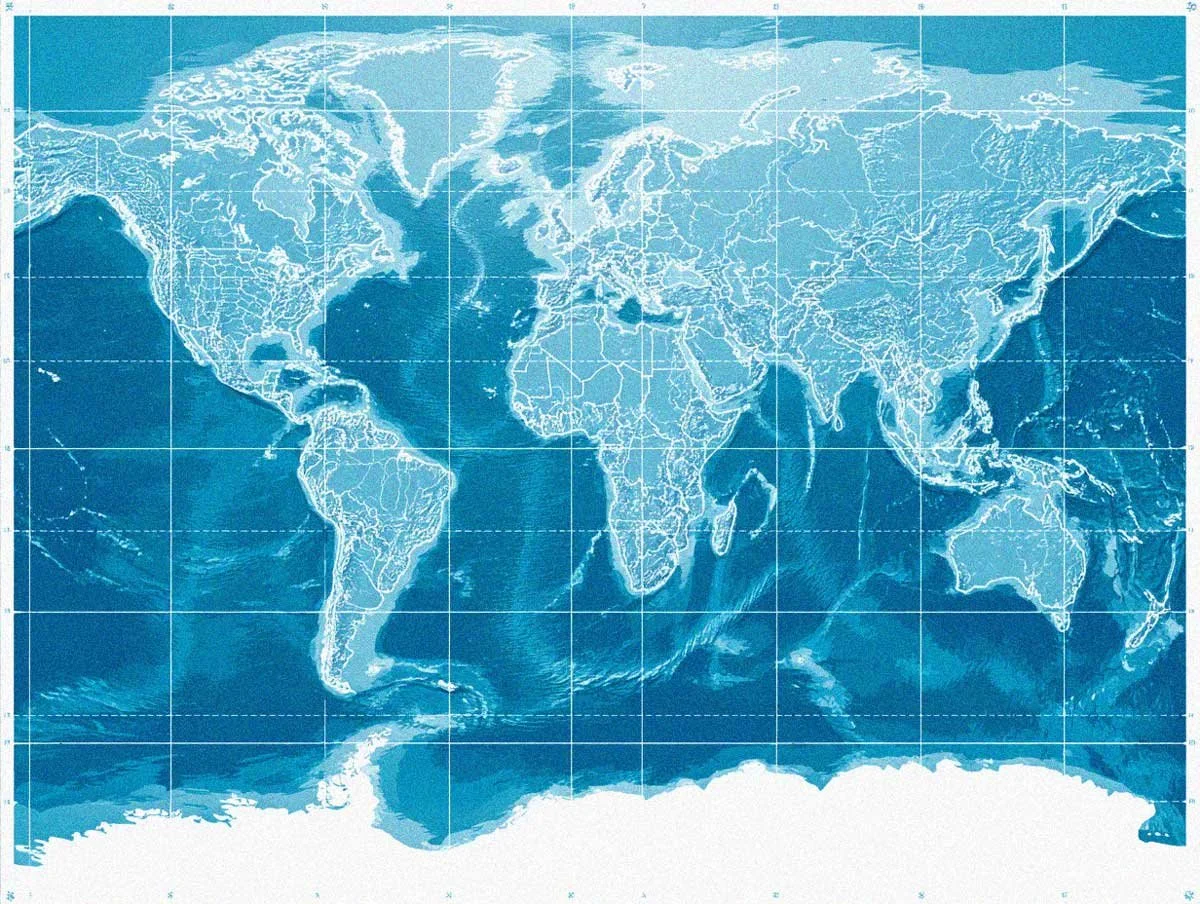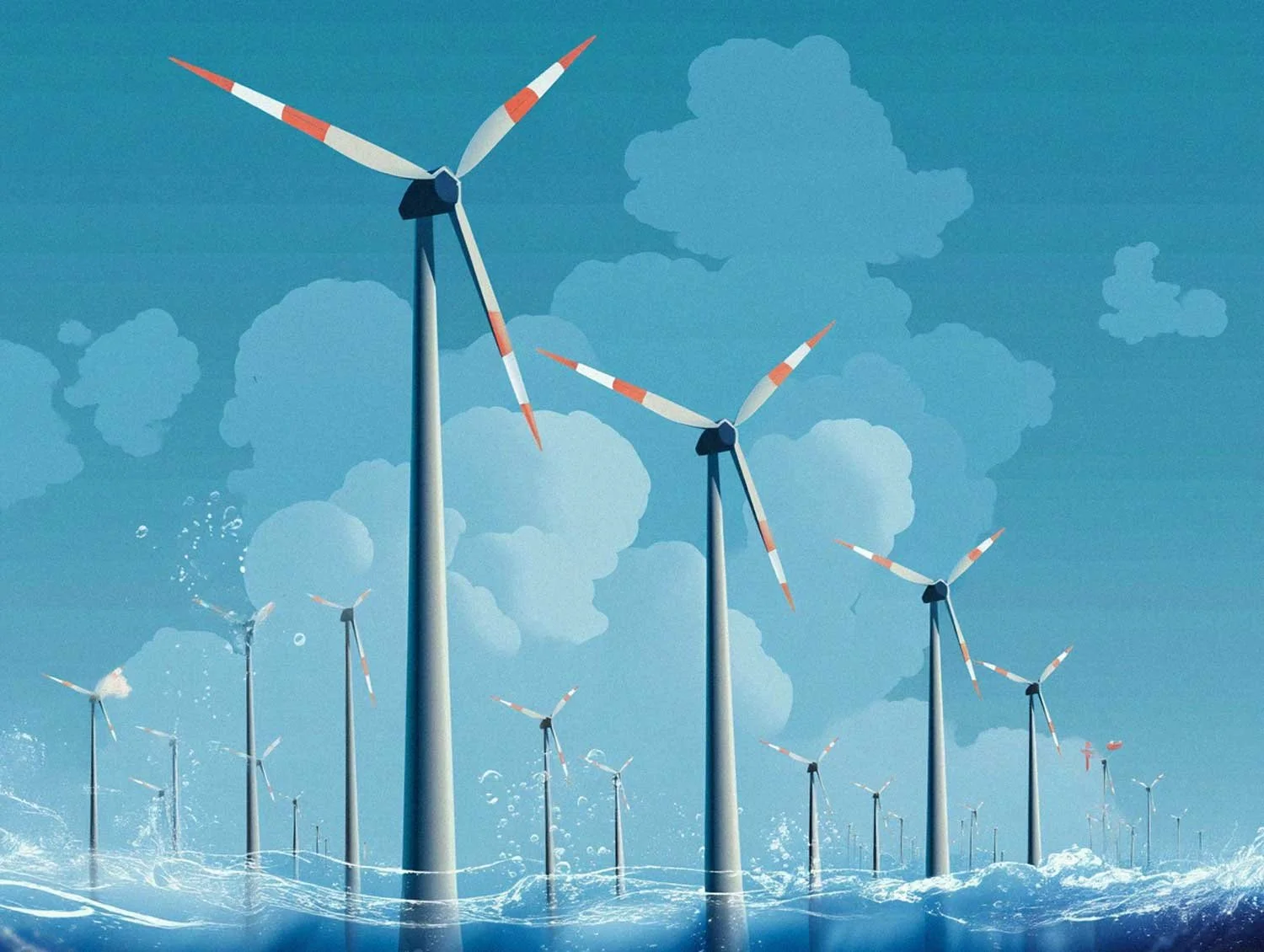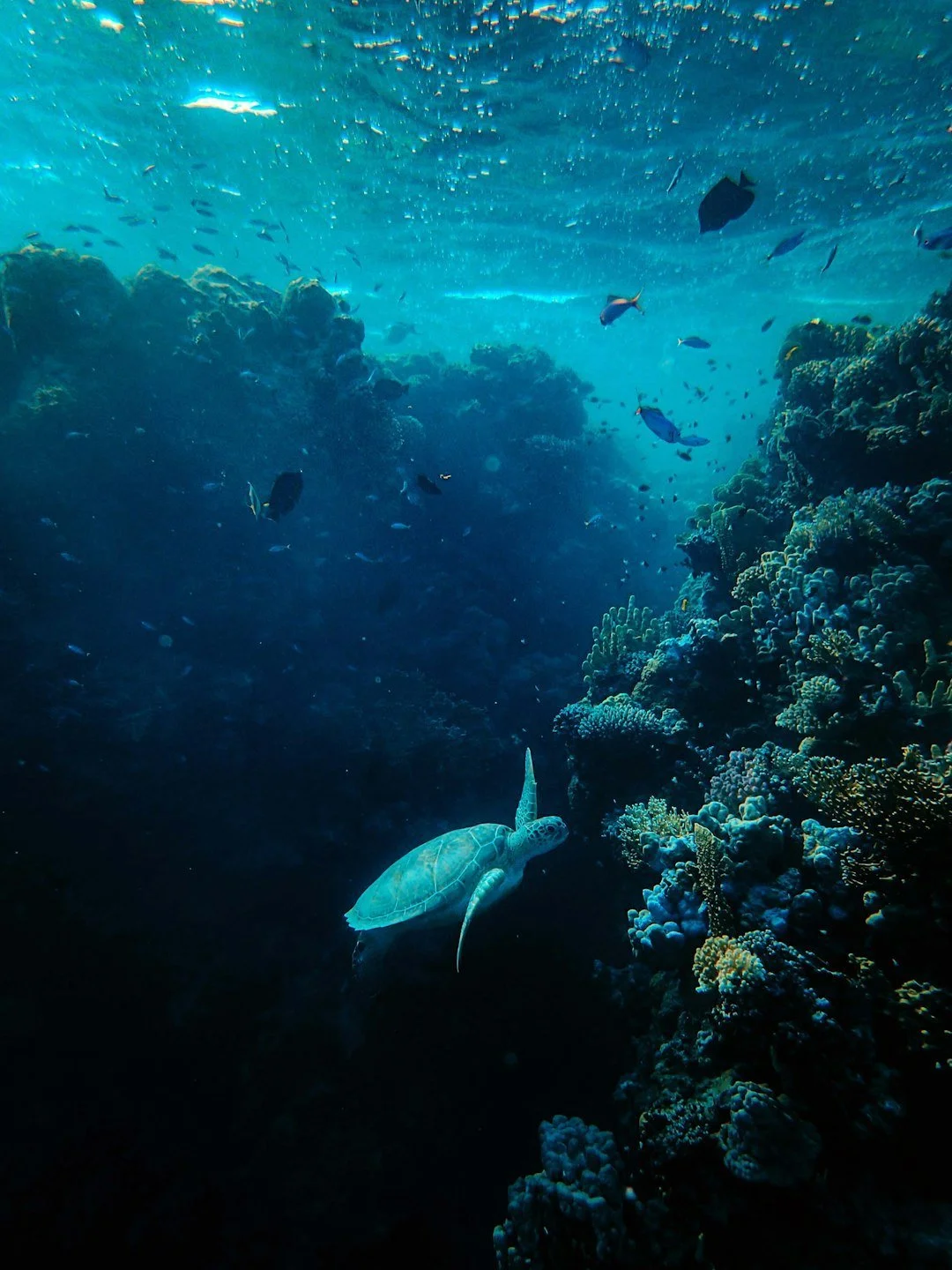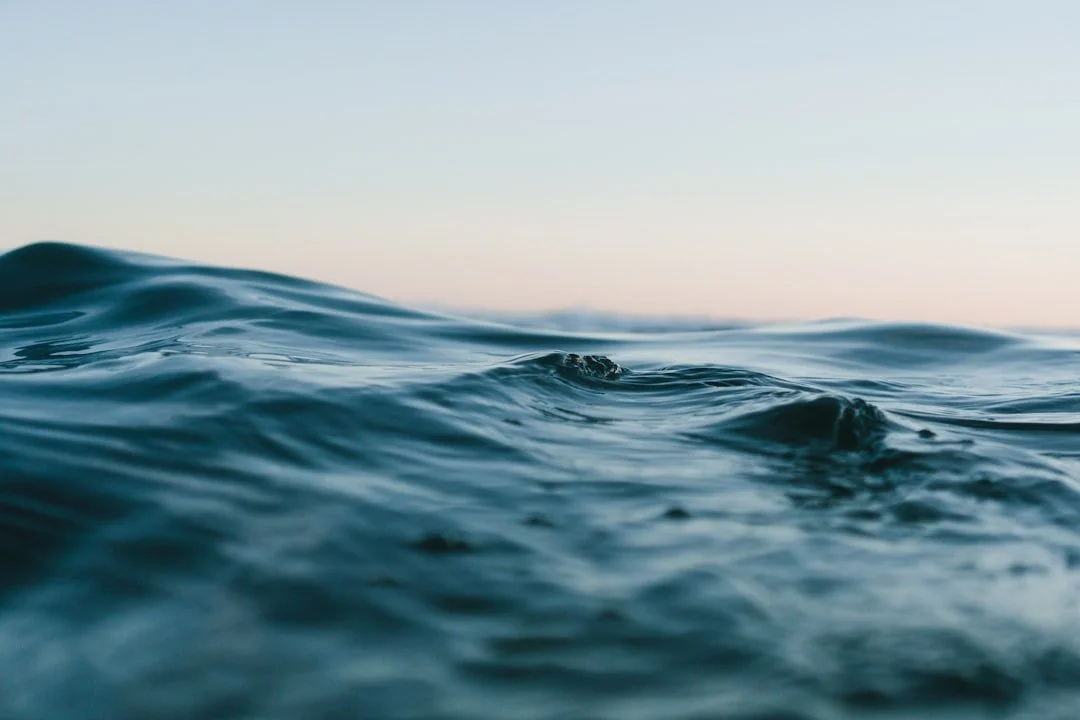Regenerative Ocean Technology for a Changing Climate
In this short video, see how a natural process becomes a climate solution.
Building on Nature’s Original Carbon Removal System
Even with significant emissions cuts, atmospheric carbon dioxide remains too high to meet global climate goals.
The ocean plays a key role in regulating Earth’s climate by absorbing and storing CO₂ through natural biological cycles driven by microscopic phytoplankton.
Like plants on land, they use sunlight to convert carbon dioxide into energy through photosynthesis.
When phytoplankton die or are consumed, some of the carbon they've absorbed sinks as part of organic matter into the deep ocean — where it can be stored for hundreds or even thousands of years.
This natural transfer of carbon from the surface to the deep sea is known as the biological pump, and it’s one of the planet’s most important long-term carbon regulation mechanisms.
The Ocean Nourishment process amplifies this natural process by supplying key nutrients — helping expand its natural capacity in regions where it’s otherwise limited.
Precision Intervention in Nutrient-Poor Waters
Vast areas of the ocean — known as ocean deserts — are naturally low in key nutrients like nitrogen.
This limits phytoplankton growth and reduces the ocean’s ability to absorb carbon dioxide in these areas.
The Ocean Nourishment process is designed to work specifically in these low-productivity zones.
Targeting only nutrient-poor regions helps avoid disturbing productive ecosystems and supports ecological balance.
Thorough site selection methods have been developed based on key oceanographic data, ocean currents, nutrient limitation, water depths and marine ecology.
Nutrient Production Powered by Renewable Energy
The Ocean Nourishment process uses a specially formulated biostimulant, PhytoPlus, that reflects the nutrient balance found in naturally productive marine ecosystems.
Its core ingredient is green ammonia — created offshore through wind-powered electrolysis, which produces hydrogen to synthesise ammonia using nitrogen extracted from air. Trace elements are added to reflect the nutrient profile of naturally productive ocean zones.
Because the nutrients are produced offshore, the process avoids competing with land-based resources and infrastructure.
It also supports decentralised, scalable deployment — allowing regional solutions tailored to specific ocean conditions.
Supports Climate and Marine Ecosystem Health
By increasing phytoplankton productivity in nutrient-poor regions, the Ocean Nourishment process enhances the ocean’s capacity to absorb and store atmospheric carbon — contributing to global decarbonisation efforts.
As carbon is transferred to the deep sea through natural biological pathways, it is removed from the active carbon cycle for centuries or longer.
This same process also supports the base of the marine food web, creating potential long-term benefits for ecosystem resilience and fisheries.
These co-benefits are increasingly relevant for sustainable investment and ocean-based climate strategies. ONC is investigating the measurement and quantification of enhanced biodiversity as a process co-benefit.
The Biostimulant Behind the Process
ONC’s proprietary ocean biostimulant, PhytoPlus, is a precisely formulated nutrient blend that supports phytoplankton growth in depleted zones.
It includes green ammonia (produced using renewable energy) and chelated trace elements, tailored to match natural ocean requirements.
Phytoplus supports improved nutrient uptake by phytoplankton and biological food sources for a healthy ocean microbiome.
Offshore process with no competition for land use
Long-term carbon storage in the deep ocean
Powered by renewables, including offshore wind and green ammonia
Protected by International Patents
ONC’s Ocean Nourishment process is supported by a portfolio of core patents granted across Australia, the United States, and Europe.
These patents cover key components of the technology, including nutrient delivery from floating vessels, carbon sequestration, and measurement methodologies.
Licensing opportunities are available for partners operating in aligned sectors such as shipping, offshore energy, and green ammonia.
-
Jurisdictions: Australia, Europe, USA
Patent No. 2007352235
-
Jurisdictions: USA, Australia, Europe
Patent No. US 8,728,755
-
Jurisdiction: Australia
Patent No. 2008238614
-
Jurisdiction: USA
Patent No. US 5882089

